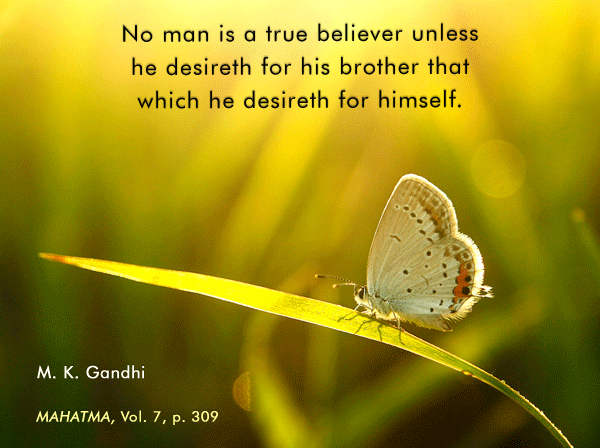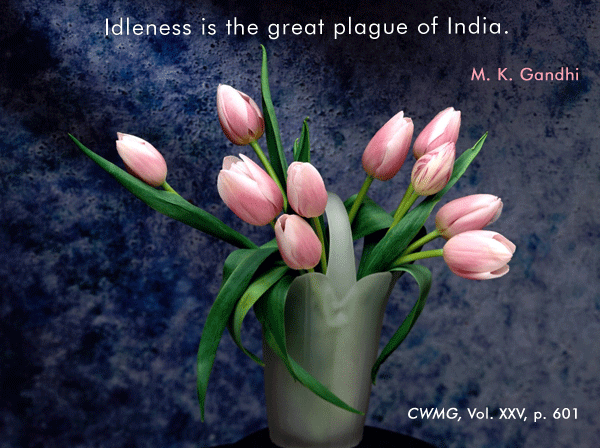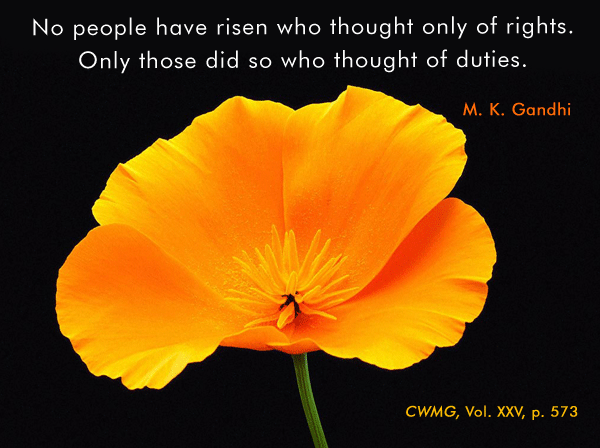138. THE BIRTH OF KHADI :

I do not remember to have seen a handloom or a spinning wheel when in 1908 I described it in Hind Swaraj as the panacea for the growing pauperism of India. In that book I took it as understood that anything that helped India to get rid of the grinding poverty of her masses would in the same process also establish Swaraj. Even in 1915, when I returned to India from South Africa, I had not actually seen a spinning wheel. When the Satyagraha Ashram was founded at Sabarmati, we introduced a few handlooms there. But no sooner had we done this than we found ourselves up against a difficulty. All of us belonged either to the liberal professions or to business; not one of us was an artisan. We needed a weaving expert to teach us to weave before we could work the looms. One was at last procured from Palanpur, but Maganlal Gandhi was not to be easily baffled. Possessed of a natural talent for mechanics, he was able fully to master the art before long, and one after another several new...










